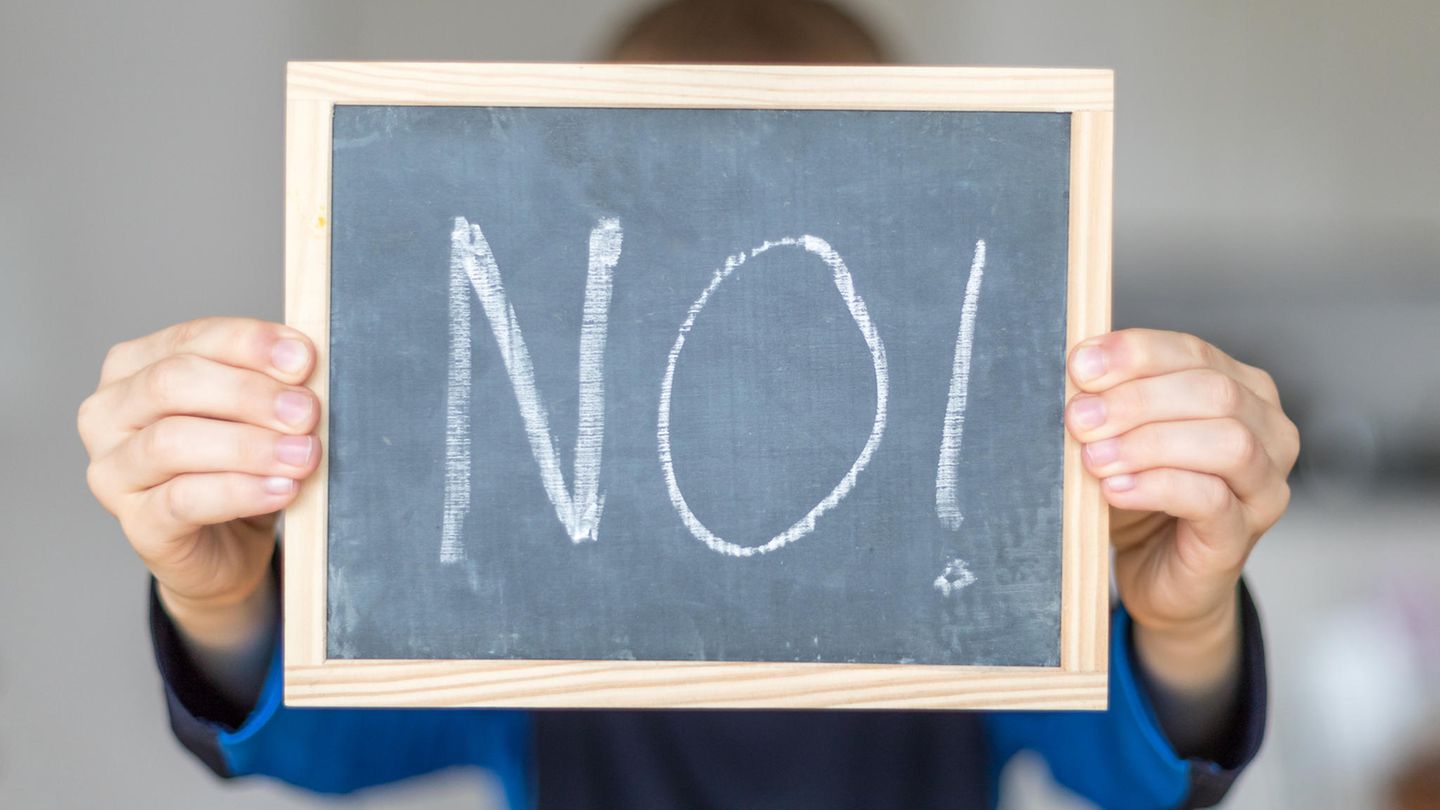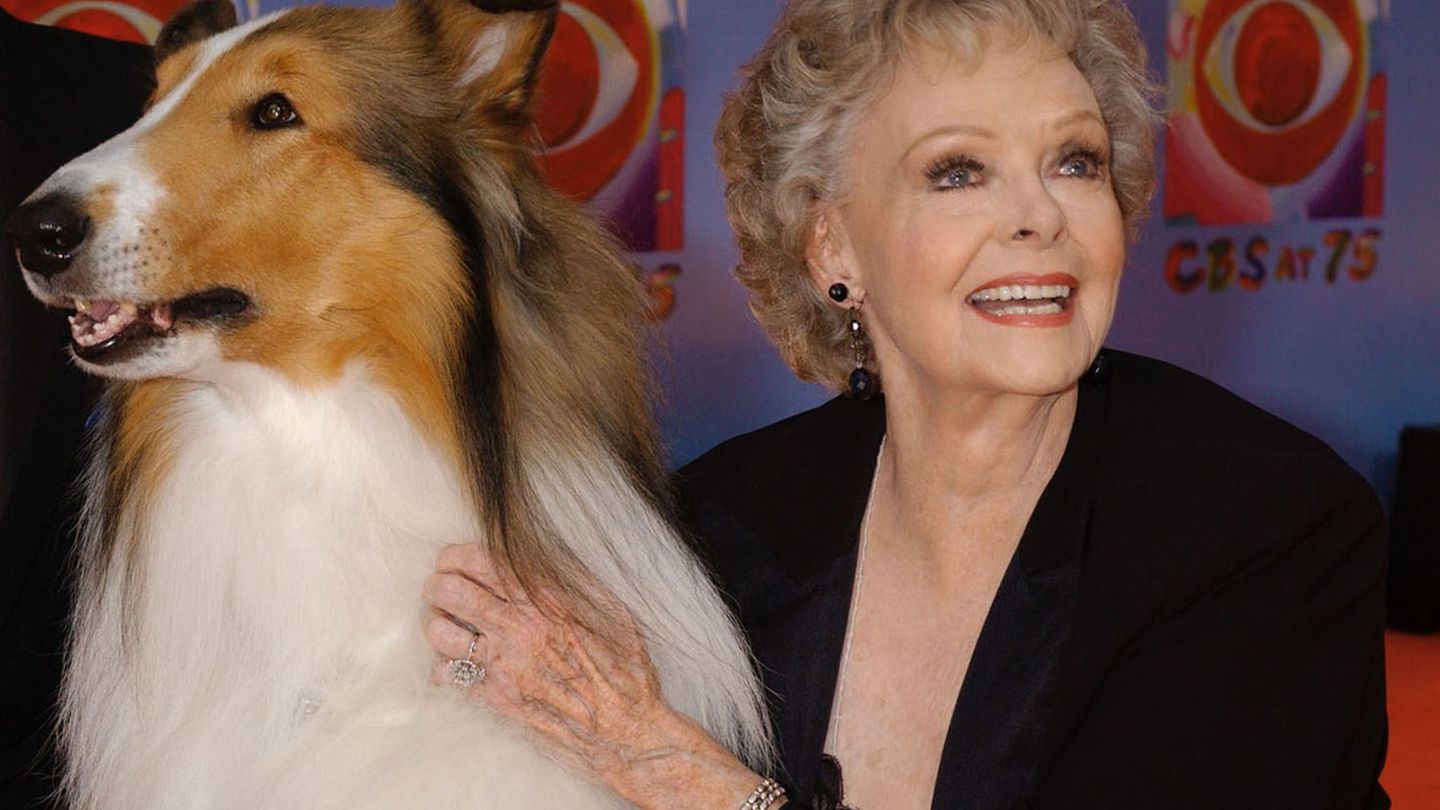Saying no is difficult for many people. But everyone can learn to do it. Why it’s a good idea.
Looking after a friend’s cat, picking up a package from the post office for your partner, doing a favor for a colleague – many of us are quick to say yes to everything, even though we would rather say no. And so a yes comes out of our mouths, even though we don’t want to, can’t, or don’t have the time. The result: an even longer to-do list and more stress than we already have. A no would have helped us avoid this situation in the first place. But: many people find it difficult to say no. Why these four letters are so difficult to say and how it can still be done.
Saying no: Why it is so difficult for us
Anyone who normally says yes to all requests for a date or to all favors will quickly feel guilty in the rare cases of saying no. Because it doesn’t feel good and many people find it very difficult to honestly communicate their own needs and limits, writes psychotherapist Franca Cerutti in her book “Saying no without feeling guilty”. The tendency to say yes is rooted in the past: “From an evolutionary biological perspective, people are deeply cooperative. Our ancestors knew that they had a better chance of living more safely as a communal group.” Selfish behavior therefore had no advantage for Stone Age people. In fact, exclusion from the group meant certain death. In addition to this tendency towards cooperative behavior, one’s own biography also plays a role. The psychotherapist describes how the closest people reacted to a no that was said in early childhood, and how easy or difficult it is for someone to say no.
As humans, we have a strong need for connections and relationships. Due to our experiences and conditioning, many people are afraid of being rejected if they don’t always say yes.
The path to balance
Those who learn to say no do not become egoists. Rather, it is about finding a healthy balance between the extremes of egoism and self-sacrifice. “There is a world of difference between always saying yes because you cannot say no and freely deciding whether to say yes or no,” says Franca Cerutti. In other words, those who refuse to take on a task from a colleague are not acting out of pure egoism. Most people have a very full to-do list and saying no to others means taking care of themselves. “If we do not learn to protect our boundaries and occasionally say no, we risk overtaxing ourselves (…),” says the expert. Those who constantly overburden themselves by saying yes increase the risk of mental and physical illness.
Tips for saying no
1.Every beginning is difficult
Turning down every favor that we cannot or do not want to fulfill will not be easy, and not every plan will succeed. If you want to change your behavior, you need a lot of patience and should practice in small steps.
2. Find accomplices
Maybe you have a friend who would also like to learn to set boundaries. Then it’s a good idea to team up with her. That way you have someone who can motivate you and support you, says Franca Cerutti. And someone to practice with.
3. Understand what your needs are
Those who focus too much on the needs of others sometimes lose the ability to see their own wishes and needs. It is therefore important to look within to find out what you yourself need, explains the psychotherapist.
4. Buy time
Sometimes we agree to a date too quickly and then get annoyed because it doesn’t fit into our schedule and just causes stress. If you tend to say yes quickly without really thinking about it, you can buy yourself some time. One option would be to thank the person for the invitation and say that you’ll check your calendar first and then get in touch.
5. More than four letters
Simply saying “no” to something can seem rude and hurt the other person. It is helpful to explain your own no a little. This gives the other person the chance to understand us better, says Franca Cerutti.
5. Stick to no
Sometimes the other person will not want to accept that the favor has been turned down and will ask again. In such a situation, it can be difficult to stick to your own decision. A gives an indication that the wording is also important. The students were given different statements with which to express their refusal: “I can’t,” “I won’t,” and “No.” Those who used “I can’t” as a statement in the experiments were the most likely to change their minds, while those who used “No” were the most steadfast.
Mental health
Mental hygiene: These ten habits are balm for the soul
Setting boundaries is not easy
At first, it sounds very easy not to help a colleague with a presentation or to refuse to look after your mother’s dog when she is on vacation. But people around you know you as a helpful and self-sacrificing person if you always do everyone’s favor. So not everyone will like it if you turn down favors and set limits. If you find a better balance for yourself and say no more often, you will notice that some people react angrily, says Franca Cerutti.
Source: Franca Cerutti:“Saying no without feeling guilty. Your workbook for less stress, more self-esteem and relationships on equal terms”Yuna, 160 pages, 13,99 Euro
Source: Stern
I’m Caroline, a journalist and author for 24 Hours Worlds. I specialize in health-related news and stories, bringing real-world impact to readers across the globe. With my experience in journalism and writing in both print and online formats, I strive to provide reliable information that resonates with audiences from all walks of life.




